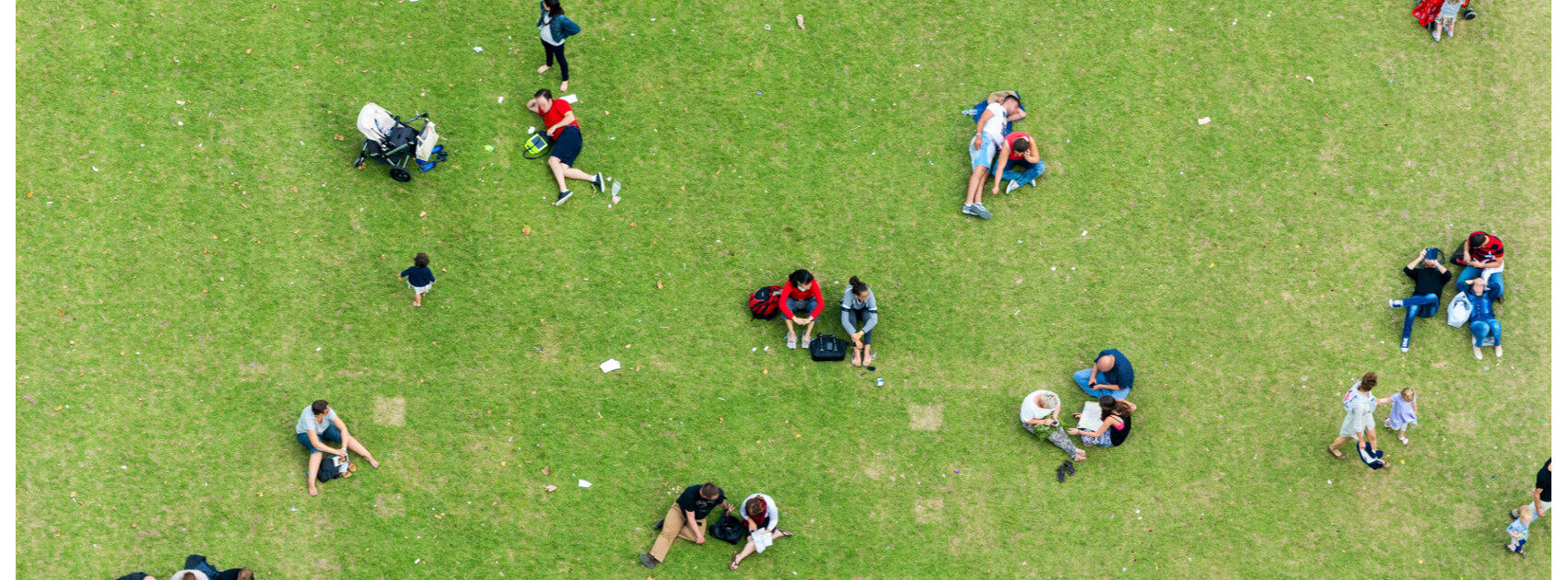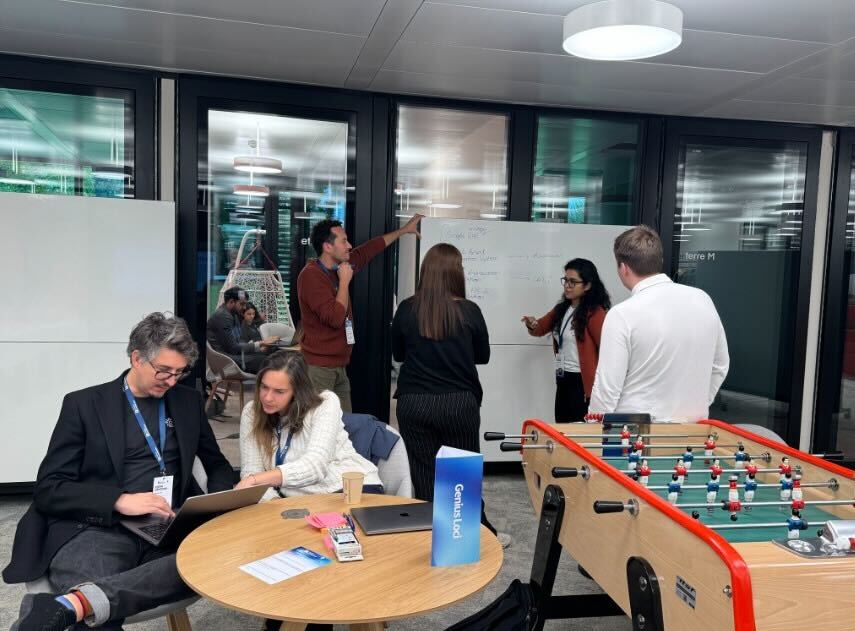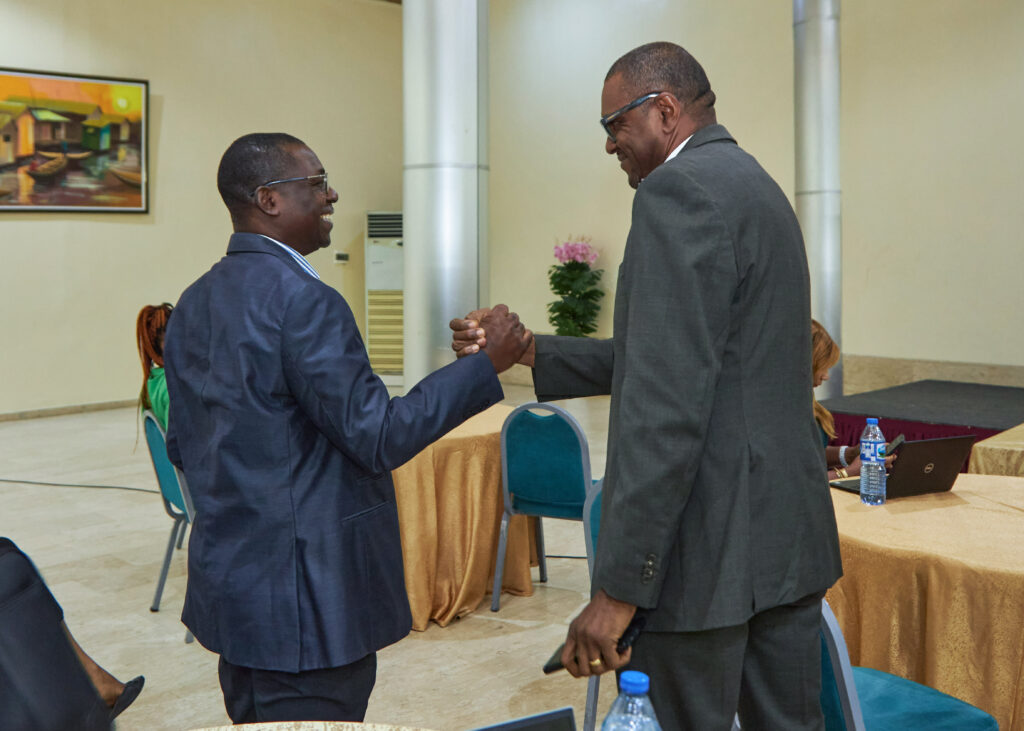
Universal Health Coverage
This week, political leaders, policy-makers and health advocates came together in New York at the United Nations (UN) to agree on much-needed actions to guarantee all people access to the health care they need, without facing financial hardship.
The UN High Level Meeting (HLM) on Universal Health Coverage (UHC) saw countries adopt a new set of commitments to support the 100 million people that are still being pushed into extreme poverty because they have to pay for essential health services, along with the 800 million that spend at least 10% of their household budgets to pay for health care.
UHC for cancer
The global non-communicable disease (NCD) and cancer community have advocated as part of the UHC agenda for equitable access to quality cancer care from health promotion to prevention, diagnosis, treatment, rehabilitation and palliative care, without financial hardship for themselves or their families. Civil society has been particularly vocal about the need for UHC to go beyond coverage and emphasize quality of care.
No country can provide all services free of charge on a sustainable basis. UHC is about providing a minimum package of essential health services, including for cancer, that reflects the local cancer burden and profile, and with a progressive expansion of coverage and financial protection for patients as more resources become available.
C/Can and the UHC agenda
Improving cancer care coverage depends heavily on the availability and capacity of health workers to deliver quality and integrated care. This is why, as part of our mission to support cities to design and plan cancer care solutions, we collect comprehensive data on the cancer care workforce in each city. This helps inform the identification and prioritization of key gaps, as well as decision-making on how to effectively allocate limited resources to build capacity.
Read more about the capacity building activities C/Can is supporting in cities, bringing the right partners and experts to address needs here.





